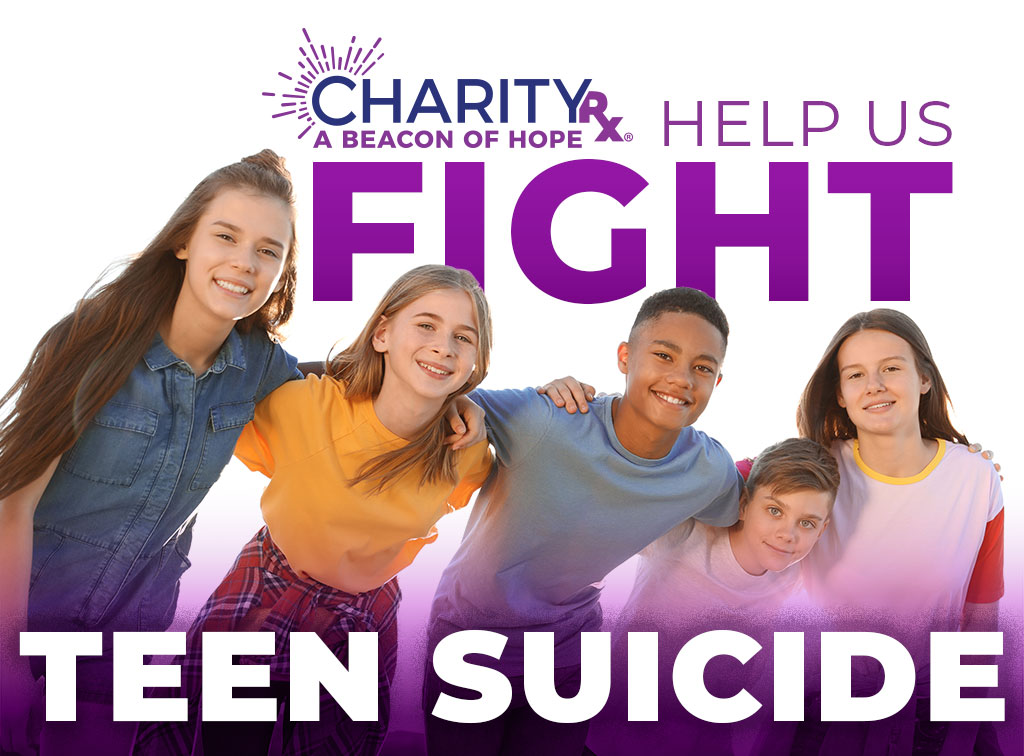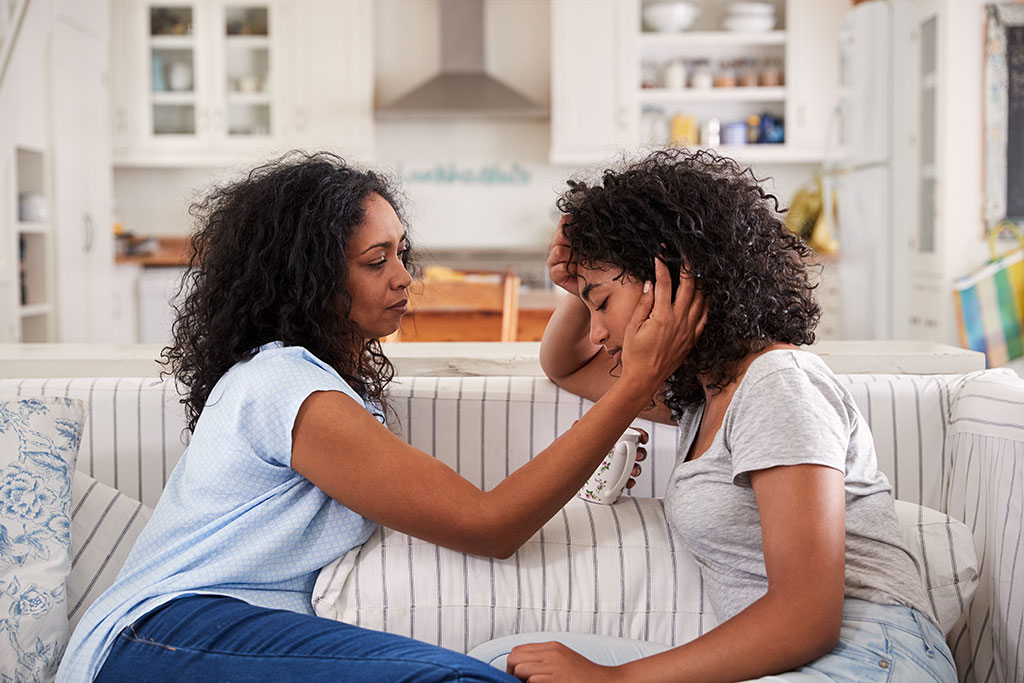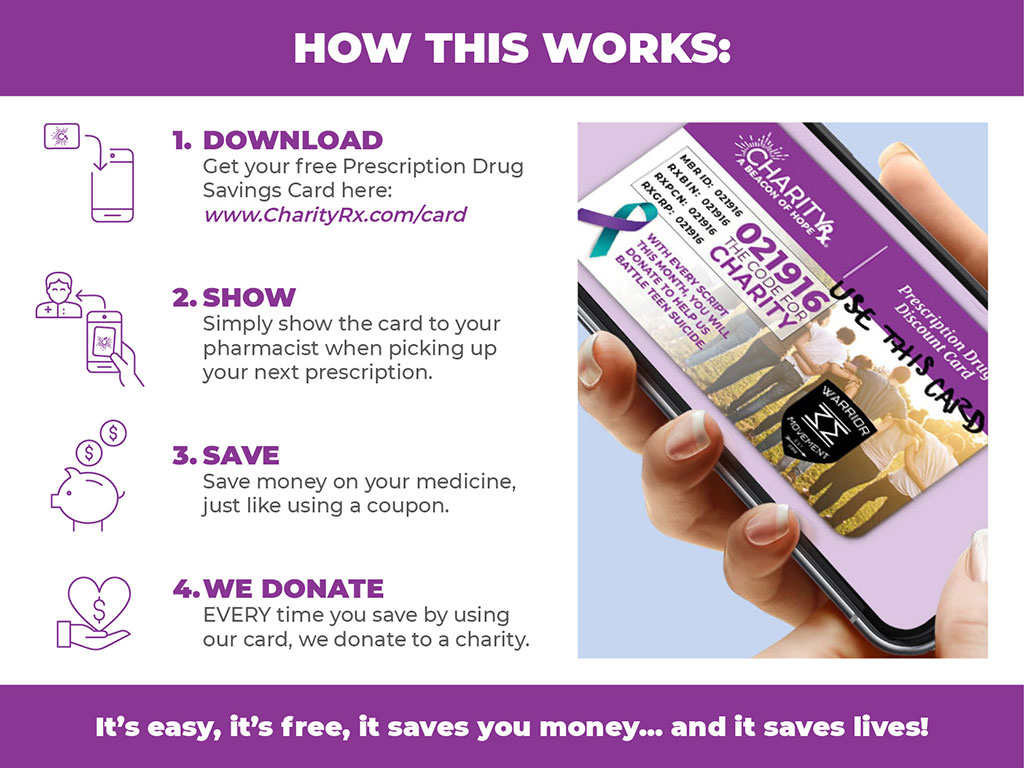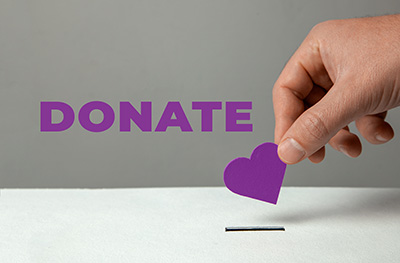
Many issues facing our youth might drive someone to consider suicide as their only option, such as isolation, cyberbullying, emotional or physical abuse or bullying, or mental health issues, to name just a few. Over the past five years, especially during the Covid-19 pandemic, the number of children aged 13-24 who considered or attempted suicide has risen by unprecedented amounts.
In 2021, the American Academy of Pediatrics declared a state of emergency concerning children’s and adolescents’ mental health:
“The pandemic has struck at the safety and stability of families. More than 140,000 children in the United States lost a primary and/or secondary caregiver, with youth of color disproportionately impacted. We are caring for young people with soaring rates of depression, anxiety, trauma, loneliness, and suicidality that will have lasting impacts on them, their families, and their communities…”
Susan Tellone, clinical director for the Society for the Prevention of Teen Suicide, told US News that it’s important to open the conversation about mental health so that people can talk about it as openly as they discuss their physical health without fear of judgment.
“I’m very hopeful that we can reduce the stigma and shame attached to mental health and have it start to look like we talk about our physical health, because our brain is an organ, just like our heart, our lungs and every other part of our body,” Tellone said.
Parents can do that at home with their children by asking, “Are you OK?” Tellone said.
“And if you’re not OK, what’s going on in your life right now that’s making you feel sad,” Tellone suggested. “And to ask the question, ‘Has it gotten so bad that you’re actually thinking about not wanting to live?'”

It’s essential to be able to have that conversation with your kids, Tellone said, and to help them when they’re just starting to feel out of sorts. Three important words to keep the conversation going are, “Tell me more,” she said. “And just listen without advice or judgment, just ‘I’m here for you. Tell me more,'” Tellone said.
“For our children, there’s many factors that come into the rise in suicidal ideation, but I think the pandemic and the chronic level of uncertainty has taken its toll, and it’s taken its toll on families,” Tellone said.
*(CDC WISQARS), Jason Foundation
To save lives and give hope to children and teens who find themselves contemplating suicide, CharityRx is partnering with the Warrior Movement in September to raise awareness and donations. Our goal is to help them spread the message that there are people who care, that life is precious, and there are programs and life skills they can learn to help them get through the tough times.
…there are people who care, that life is precious, and there are programs and life skills they can learn to help them get through the tough times.
Warrior Movement
The Warrior Movement helps kids develop a warrior mentality in this battle against the darkest of foes and cultivate the courage to make a difference in their own lives and the lives of others. They want kids to realize that we are all stronger when we fight together.
They aim to provide free and positive youth activities and community events to promote family and community involvement. Their motto is “Together We Rise.” They strongly believe that coming together and finding a sense of belonging can help in this battle against suicide. They strive to give youth a platform to have a voice and to be able to voice their own opinions on such topics.
Each time you use your CharityRx prescription discount card in September and October, CharityRx will donate to the Warrior Movement to help fight teen suicide and raise awareness for youth mental health. In addition to helping kids, you’ll enjoy significant discounts on over-the-counter and prescription medicines for yourself, your family, and your pets. We also cover diabetic supplies and insulin. Click here to search for your medications and see how much you’ll save with the CharityRx card.


